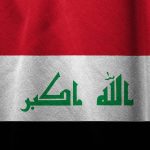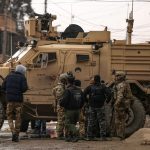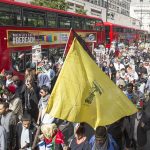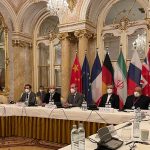Iraq: Delay in Election of a New President
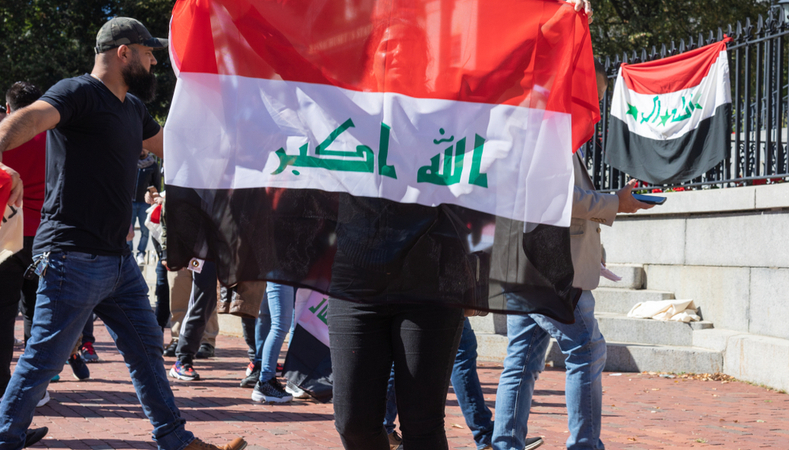

The court ruled that Hoshyar Zebari’s candidacy, as a Western-friendly veteran Iraqi Kurdish politician, could not proceed unless he was cleared of corruption accusations stemming from a previous 2016 tenure as finance minister. The decision was a setback for Moqtada al-Sadr, a populist Shi’ite Muslim cleric who came out on top in an October election and promised to rapidly form a government that would exclude Iran’s supporters.
Sadr, the Kurdish Democratic Party (KDP), of which Zebari is a part, and a group of Sunni Muslim legislators all backed Zebari’s presidential campaign. After Zebari emerged as a major contender, the corruption charges reappeared, and Sadr seemed to withdraw his support, saying in a statement that any future president must “meet the prerequisites” to occupy office. Sadr ran on an anti-corruption platform during the election. Sadr’s Sadrist Bloc announced on Saturday that it will boycott parliament on Monday.
Related Posts
The holding of the Monday parliamentary session to elect a president is opposed by a political coalition affiliated with Iran, according to a statement released on Sunday. On Sunday, the KDP announced that it will boycott the proceedings. Because of the significant number of MPs boycotting the vote, Parliament will most certainly be unable to assemble on Monday, extending a war for the presidency and a new government waged mostly between Sadr and the pro-Iran camp.
DEADLOCK IN POLITICS
Since the US-led war that deposed Sunni tyrant Saddam Hussein in 2003, Iran-aligned Shi’ite political-military organizations have controlled Iraq’s administrations and governmental institutions. The most powerful pro-Iran groups have or are affiliated with militias that are heavily armed. Sadr, a populist, has his own militia and has positioned himself strongly against Iran-aligned armed organizations in recent years. Following each general election, Iraq usually experiences months of political gridlock while the political elite battle for positions in the new administration. Iraqis are becoming more disillusioned with the political process, accusing nearly all of their elected officials of corruption. The majority of people no longer vote.
Zebari, who served as foreign minister for more than a decade, was fired by parliament in 2016 for suspected corruption while serving as finance minister. Zebari could not be reached for comment right away. He previously disputed the charges, claiming they were made for political reasons. Four lawmakers filed a petition with the federal court last week, requesting that Zebari be removed from the presidential campaign, accusing him of financial and administrative misconduct in 2016.
The court stated in its decision that it had “decided to temporarily halt the proceedings for choosing (Zebari) for the position of President of the Republic until the issue is concluded.” When the country’s next president is chosen, he or she will be responsible with requesting parliament’s largest group to form a government.

